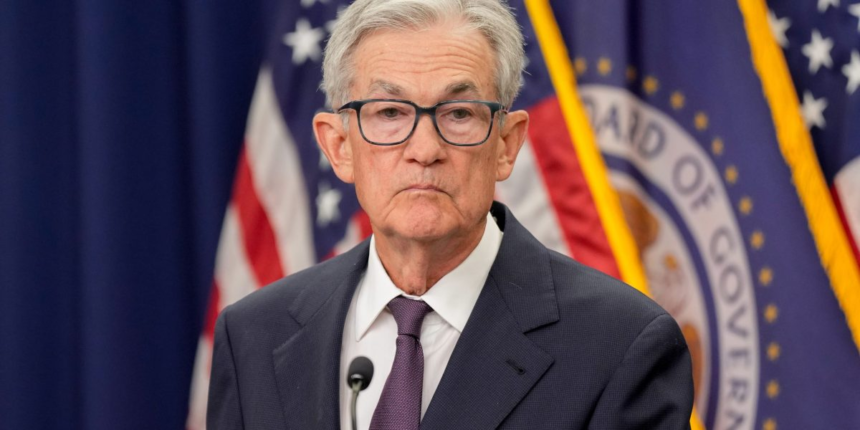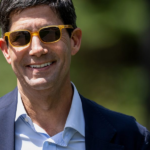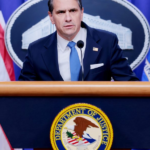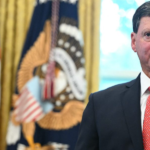“The consensus has been wrong since January,” Sløk said in a note circulated to clients Wednesday morning, adding that the average of economists’ forecasts has said the U.S. economy would slow down for nine months running. “But the reality is that it has simply not happened … We in the economics profession need to look ourselves in the mirror.”
“The bottom line is that the U.S. economy remains remarkably resilient,” Sløk emphasized. “It is becoming increasingly difficult to argue that we are still waiting for the delayed negative effects of what happened six months ago,” referring to President Trump’s Liberation Day and the imposition of sweeping reciprocal tariffs. One top analyst has been arguing for years that most of Wall Street was wrong, and that Liberation Day represented the end of the beginning, rather than the beginning of the end.
In early September, Wilson argued the weak jobs report for August that had just been issued provided “further evidence of our thesis that we are now transitioning from a rolling recession to a rolling recovery.”
For markets, Sløk’s diagnosis carries important implications. If the economy is not weakening, but strengthening, the outlook for inflation could tilt higher. Core inflation has eased from its 2022 highs, yet Sløk warns strong growth combined with an easier monetary policy stance could rekindle price pressures.
“The upside risks to inflation are growing, particularly if the Fed continues to cut rates,” Sløk wrote Wednesday.
In September, the central bank followed through on its first rate reduction in years, signaling confidence that inflation was heading back toward target. Markets have since priced in additional cuts in the coming quarters. In fact, on Sept. 30, Sløk had argued “the economy is strong, and inflation is high,” citing 12 different data points (including tourism levels and a high number of visits to the Statue of Liberty). Then he issued a potentially bold call in light of the next day’s ADP data, arguing the consensus from the next jobs report of 50,000 payrolls was “too pessimistic.”
Sløk’s sharpest remarks, however, were directed not at policymakers or markets, but at the forecasting community itself. By repeatedly predicting weakness that never arrived, he argued, economists have undermined their credibility.









